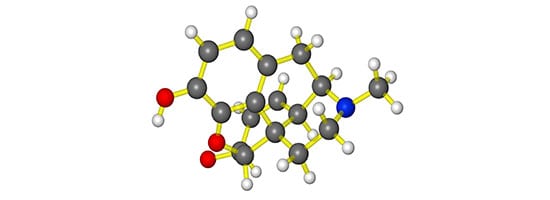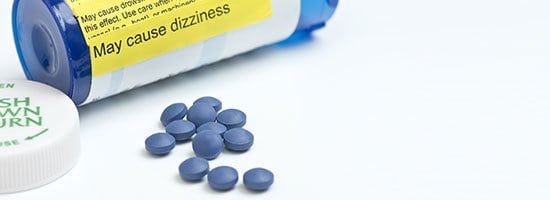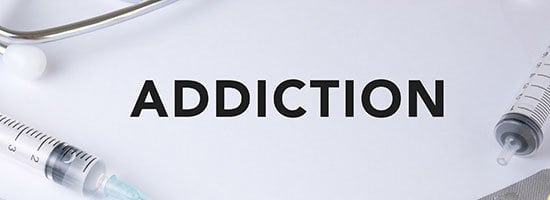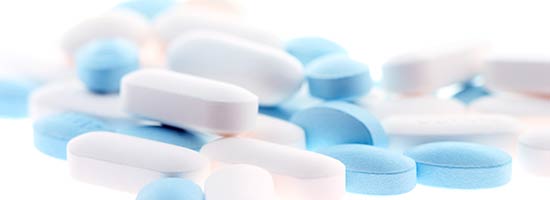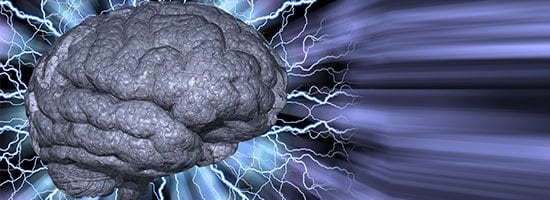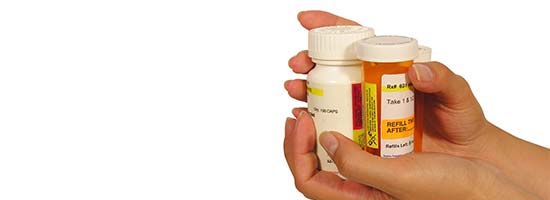The Path to Opiate Addiction
Opiates are the oldest class of drugs in the world still in use today. Every drug in this category is, or was originally meant to be, a pain reliever. For many people who develop a dependence on one or more opiates, the path to addiction often starts when these drugs are taken primarily for their euphoric effects. While an opiate addiction may develop for several different reasons, there are some...
Newest Narcotic Laws in the U.S.
More than 200 million prescriptions are written for opiate drugs each year. These narcotic analgesics, including powerful medications such as Morphine and codeine, are only meant to be used short-term for pain relief purposes because these drugs are highly addictive. Because of the rapid increase in the abuse of narcotics, several new laws for been enacted in the United States to try to reduce availability and prevent abuse and misuse. New...
Early vs. Late Withdrawal Symptoms
Opiates do more to the body than create a sense of physical relief from pain. It's actually the way opiate drugs work within the body to manage chronic or severe pain that sometimes creates a dependence within the brain. Because of characteristics like this, opiates can produce withdrawal symptoms in both early and late stages as the brain adjusts its "mood and reward" circuits and returns to normal functioning. Early Stage...
Medically Supervised Rapid Detox
The exact recovery process will be different for every addict. However, each journey starts at the same point, with the need to remove drugs from the body. This detoxification (detox) process can be physically and mentally demanding. It doesn't have to be a long, drawn-out process, however, when patients opt for medically supervised rapid detox, a method of detoxification conducted in a way that minimizes withdrawal symptoms while ensuring the...
Rapid Detox: A Safer Alternative
Defined by the National Institutes of Health (NIH) as a chronic disease characterized by a compulsive need to repeatedly use certain drugs, addiction causes several imbalances within the brain and throughout the body. It's these changes that can make recovery a challenge for addicts wishing to end their dependency. A safer alternative for patients looking to avoid this stressful and potentially dangerous stage of recovery is rapid detox. What Is Rapid...
How the Brain Responds to Opiates
Among the world's oldest drugs used for medicinal purposes, opiates can serve a useful purpose for patients dealing with severe or chronic pain. However, medications like OxyContin, morphine, and fentanyl are only meant to be used short-term because of the addictive nature of these drugs. The reason why opiates can create a physical and emotional dependence is because of the way they work within the brain. It's also the brain's...
Opiate Epidemic Statistics
A wide range of drugs can be classified as opiates, including legal, prescription medications such as codeine and morphine and illegal "street drugs" like heroin. When taken as directed and used for the short-term relief of chronic pain, opiate drugs can be effective and safe. Unfortunately, opiates can also be highly addictive and contribute to serious health issues if a dependence develops or when such drugs are taken in larger...
Shortened Recovery with Rapid Detox
An opiate addiction affects life in so many ways: mentally, physically, emotionally, and socially. It doesn’t take long before the person facing the addiction may need help breaking the habit in order to recover a normal, healthy perspective and way of living. One way to accomplish this is to opt for a procedure known as rapid detox. Why Rapid Detox? The general process of detoxification allows the addictive substance to be eliminated...
Beat Drug Addiction in One Day
The rapid detox procedure allows you to beat opiate addiction in just one day. This service is offered in a fully equipped surgical center. The procedure takes just 30 to 90 minutes, unlike other types of detox that can take up to 120 days to be complete. The doctors who perform this procedure are licensed and board-certified in addiction medicine. In a comfortable and state-of-the-art facility, you will have access...
Rapid Detox: A Lower Relapse Rate
More than 200 million prescriptions are written each year for various opiates to help manage severe or chronic pain. A huge portion of the population is at risk for mental and physical addiction to this powerful narcotic. Breaking an opiate addiction starts with detoxification and withdrawal. This process can last for weeks, often with a high relapse rate. Rapid detox is a new procedure that can get a patient drug...



